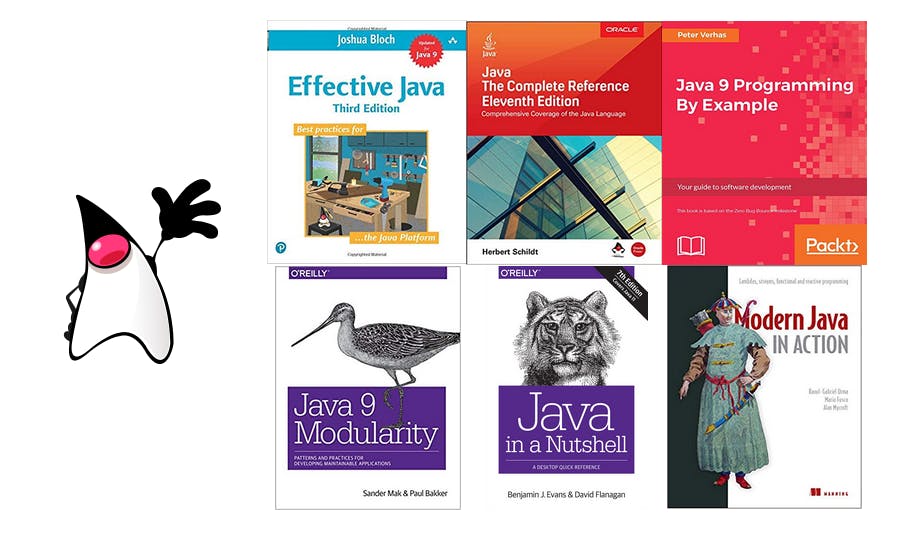21,032 reads
Top 6 Best Books for learning Java Programming
by
March 15th, 2019

Bitcoiner. Freedom Maximalist. Author of "The Truth About Bitcoin". Editor, In Bitcoin We Trust Newsletter.
About Author
Bitcoiner. Freedom Maximalist. Author of "The Truth About Bitcoin". Editor, In Bitcoin We Trust Newsletter.
